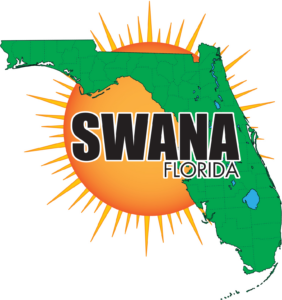SWANA Advocates for Exemption for Passive Receivers of PFAS
March 20, 2024 – The US Senate Committee on Environment and Public Works held a hearing today on the potential ramifications of designating certain PFAS as hazardous substances under the Comprehensive Environmental Response, Compensation, and Liability Act (CERCLA), with a focus on impacts on the waste
and water sectors.
SWANA has been advocating for landfills and other essential public services to receive a narrow exemption from CERCLA liability given their role as “passive receivers” of PFAS that are part of the long-term solution to managing these compounds.
SWANA and NWRA were represented on the hearing panel by Robert Fox, a lawyer who specializes in CERCLA. The other hearing panelists included representatives from the Congressional Research Service, the Environmental Working Group, the New Mexico Department
of Environment, and the Passaic Valley Sewerage Commission.
SWANA Director of Public Policy, Kristyn Oldendorf, attended the hearing and was joined by representatives of other industry and membership groups to advocate for passive receivers.
“This is an important issue as we need to ensure that landfills can continue to provide solutions and not be penalized,” Oldendorf said.
SWANA also joined a comment letter submitted by a coalition of passive receivers of PFAS compounds. The letter was supported by over 50 organizations including the American Public Works Association, the National Association of County Officials,
the National League of Cities, the National Waste & Recycling Association, US Composting Council, and the US Conference of Mayors.
CERCLA liability could result in significant increased costs for passive receivers and the communities they serve. The letter stresses the need for essential public service providers to continue to operate with assurances that they will not be held liable
for pollution they did not create. The solid waste sector plays a role in finding long-term solutions for responsible PFAS management and SWANA members have been hard at work to develop and implement PFAS testing, removal, and destruction techniques
and technologies.
To learn more about PFAS, visit PFAS (swana.org) and join us at
SOAR to participate in sessions on the latest PFAS-related policies and technologies.


